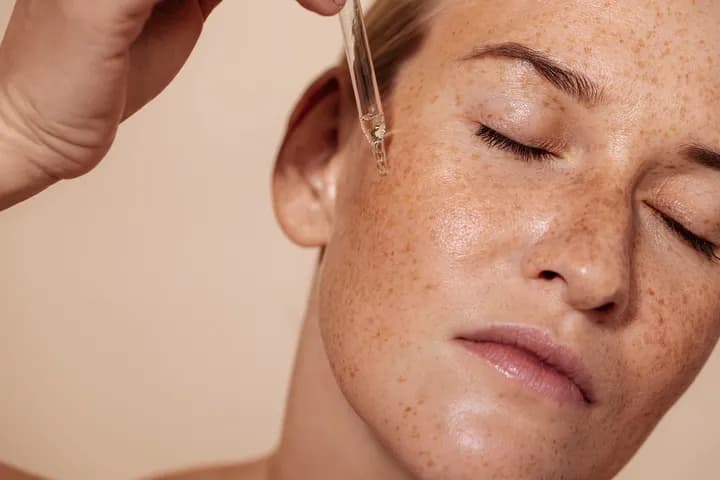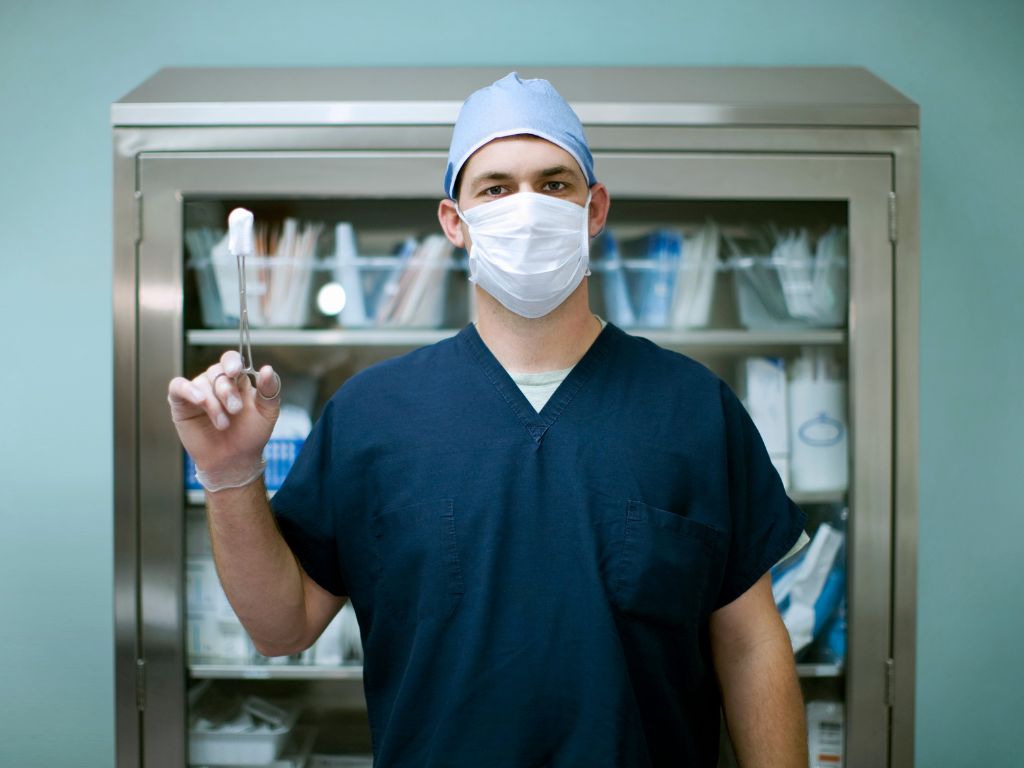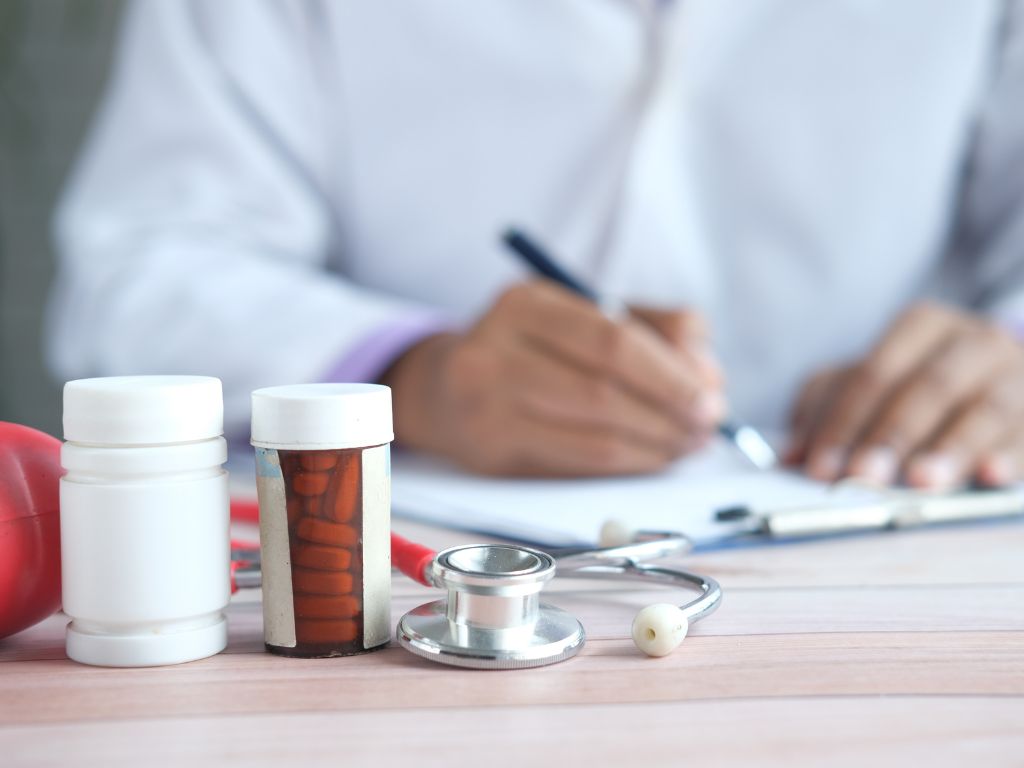Testosterone replacement therapy, or TRT, is a well-known and broadly investigated treatment for low testosterone levels 1. Various advantages have been documented by medical professionals and clinical investigations. A clinical disorder known as hypogonadism is characterized by low serum testosterone levels, together with associated symptoms. Hypogonadism in older men is sometimes referred to as late-onset hypogonadism (LOH), androgen deficit of the aging male, or andropause.
TRT Explained: Who Really Needs It?
A decrease in natural testosterone levels with increasing age. In the second and third decades of life, the testosterone hormone is at its peak 2. However, multiple factors contribute to this age-related decline, including:
Genetic predisposition
Comorbid conditions
Adiposity
Between 7 and 14% of middle-aged and older men who live in the community have insufficient morning fasting total testosterone levels< 250 ng/dL.
Take control of your health and energy with Vita Bella. Don’t let low testosterone slow you down. If you’re a man over 40 experiencing fatigue, low libido, or muscle loss, TRT could be the solution you’ve been looking for. Talk to a qualified healthcare professional today and discover whether testosterone replacement therapy is right for you.
Evidence-Based Benefits of TRT for Men Over 40
1- Sexual Health & Libido
Testosterone plays an important role in male sexual function3. While relational, physiological, and psychological factors can influence sexual activity independently of androgen levels, the precise contribution of testosterone to sexual health is less consistent in large epidemiologic studies. However, testosterone replacement therapy (TRT) has been shown to enhance libido, improve erectile function, and increase overall sexual satisfaction, along with other aspects of sexual performance.
According to clinical data 4 from various studies, the use of TRT in males with deficient testosterone levels shows remarkable progress. TRT was given for a period of six months, resulting in:
Better sexual activity
Hematological safety
Improved prostate function
2- Muscle, Strength & Mobility
The available data from double-blind, placebo-controlled randomized clinical studies 5 (RCTs) have shown that older men responded to intramuscular TRT with ~10–30% gains in strength and comparatively greater (3.1–4.2 kg) increases in fat free mass. The musculoskeletal advantages of TRT may differ depending on the route of administration (transdermal vs. intramuscular).
In another study, TRT improved muscle mass 6 and strength.
Another trial7, consisting of 165 participants over 65 with serum testosterone levels between 100 and 350 ng/dL (free testosterone below 50 pg/mL) underwent a 6-month TRT regimen. The results demonstrated that testosterone therapy significantly increased the strength of the leg and chest muscles as well as the ability to climb stairs.
3- Mood & Energy
Testosterone is believed to support overall well-being and psychological balance, influencing both positive and negative emotions in a way that contributes to a “good mood” and an enhanced quality of life8.
In a research study 9 51 hypogonadal males volunteered in a 60-day study to examine the impact of testosterone (T) supplementation on mood fluctuations. Before recruitment, all patients had their previous T replacement stopped for a minimum of six weeks. It was concluded that T replacement therapy in hypogonadal men reduced negative mood parameters like irritability, anxiety, and anger and increased positive mood parameters like energy, kindness and good feelings.
Additionally, we found that there were only direct correlations between mood measurements and serum T and DHT during the baseline period when serum androgen levels were below normal.
4- Bone Density
TRT lowers the risk of osteoporosis in older men by increasing bone mineral density and strength. Furthermore, testosterone therapy in hypogonadal males may arise from the positive effects of androgen supplementation on bone density 10 and body composition.
According to a study, 50 men who received TRT 11 had noticeably higher bone mineral density at the lumbar spine. The individuals in the study were above 65 and had total testosterone levels below 350 ng/dL.
5- Metabolic & Cardiovascular Benefits
Testosterone, the primary male hormone, is produced and secreted mainly by the testes. In the bloodstream, it exists in two forms: free testosterone (1–2%) and bound testosterone, which is attached to sex hormone–binding globulin (SHBG). The free fraction is considered the most biologically active. Testosterone has been shown to improve function in men with heart failure, alleviate angina symptoms, and accelerate cardiovascular healing and repair after myocardial infarction.
For males with diabetes or metabolic syndrome, TRT has been shown in some studies to reduce insulin resistance and decrease average blood sugar levels. According to studies 13, TRT may help manage patients with diabetes and prediabetes by lowering their serum glucose levels, HbA1c, and insulin resistance. In multiple analyses of hypogonadal males with diabetes on TRT, insulin resistance decreased, and in three of the four studies, fasting glucose and HbA1c improved as well.
6- Overall Quality of Life
For men of all ages, testosterone is essential for preserving a healthy equilibrium in the complex psychological network of mood, emotions, attitudes, and perceived quality of life. A meta-analysis 14 comparing testosterone replacement therapy (TRT) to placebo in hypogonadal males examined 23 randomized controlled studies with 3090 subjects (two were active-controlled and 21 were placebo-controlled).
Intervention with any TRT resulted in a substantial improvement in quality of life when compared to placebo. Its impact was significantly reduced in individuals who had depressive behavior.
Rediscover Your Strength and Energy with Vita Bella
Reignite your energy, confidence, and overall well-being with expert TRT guidance from Vita Bella. For men over 40, testosterone replacement therapy can help restore balance and enhance quality of life. Take the first step today toward feeling stronger, healthier, and more alive.
FAQs
At what age should men consider testosterone replacement therapy (TRT)?
Most men start noticing a natural decline in testosterone after 40. TRT may be considered if you have both low testosterone levels confirmed by blood tests and symptoms such as fatigue, low libido, or muscle loss. Always consult a healthcare professional before starting treatment.
What are the main benefits of TRT for men over 40?
TRT can improve energy, sexual health, muscle strength, bone density, and mood in men with clinically low testosterone. Some studies also show positive effects on metabolic health, though results vary from person to person.
Is testosterone replacement therapy safe for long-term use?
When prescribed and monitored by a healthcare professional, TRT can be safe and effective. However, it carries potential risks such as increased red blood cell count, fertility issues, or cardiovascular concerns. Regular checkups are essential for safe, long-term use.
Ready to evaluate clinics? Learn more about why Vita Bella is one of the best online TRT clinics so you start safely and confidently.





















